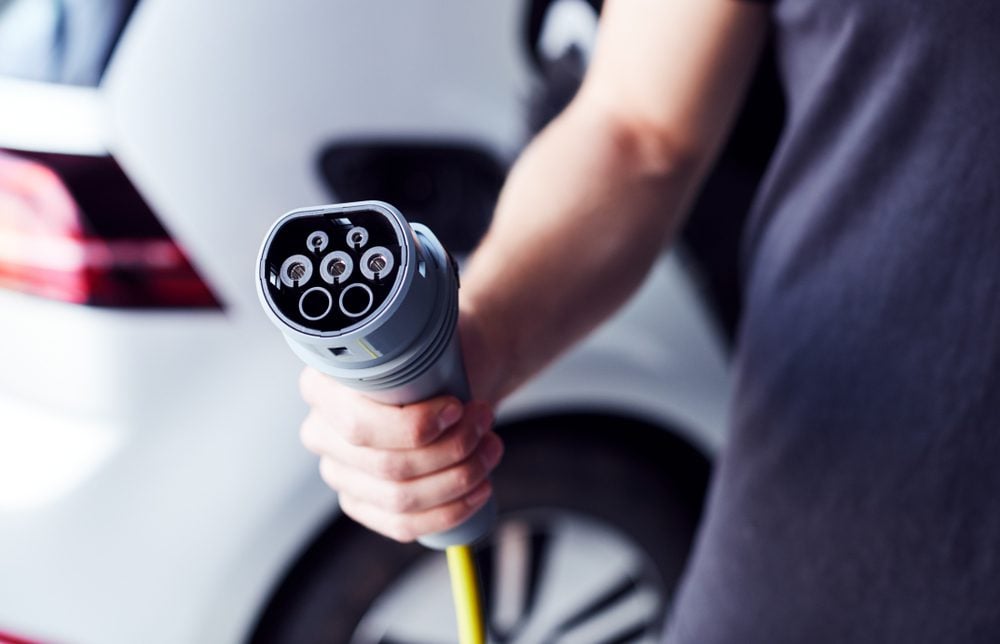London-based ev.energy, which provides software to manage electric vehicle (EV) charging, has raised a further £295,000 in funding to scale its virtual power plant (VPP) that aims to reduce the strain on the UK’s power grid during peak times.
Innovate UK, a government research department, provided the latest funding to bring its total investment in the ev.energy to £754,000.
Innovate UK provided the capital as part of UK Research and Innovation’s Prospering from the Energy Revolution programme, a government-funded initiative investing up to £102.5m in smart local energy systems.
The EV startup uses software to manage vehicle charging at homes and automatically optimises for greener and cheaper rates.
It is looking to scale its VPP, which can reduce the amount of electricity used to charge EVs on its network during peak times to reduce strain on the power grid.
In return, drivers using ev.energy’s app earn points worth up to £60 per year in retail vouchers. They can also choose to offset their carbon emissions from charging.
Last December, ev.energy’s partner UK Power Networks put this to the test when it issued its first commercial dispatch instructions to pause electric vehicle charging where the grid was congested.
in areas of Norfolk and Essex where the grid was congested.
Between 5pm and 6:30pm in areas of Norfolk and Essex, power consumption from EV charging was reduced by 90% compared to the unmanaged baseline, alleviating strain on the grid.
ev.energy says its VPP automatically responded to these signals by pausing electric vehicle charging in areas of Norfolk and Essex where the grid was congested.
VPP’s have been touted as a benefit of EV charging networks that can help with the transition to greener but more intermittent energy sources such as solar power.
“While these localised virtual power plants are currently small in scale, they demonstrate the significant potential that can be unlocked from smart charging as the number of electric vehicles increases,” said Sotiris Georgiopoulos, head of smart grid development at UK Power Networks. “By using apps like ev.energy, smart charging can make electric vehicles part of the solution for a clean, reliable and affordable electricity grid that benefits everyone.”
The UK Energy Savings Trust predicts there will be between eight and 11 million EVs on UK roads by 2030, the year in which the UK will end the new sale of petrol and diesel cars.
Damien Kelly, innovation lead at Innovate UK, said: “Localised systems to balance electricity demand, storage and supply are likely to play a vital role in helping the UK get to next zero. Innovative services using electric vehicles to provide flexibility to the grid have great potential and we look forward to supporting the scale-up and wider demonstration of ev.energy’s Maximising Grid Services project.”
Operating in the US, UK, Europe, and Australia, ev.energy offers a freely downloadable app that integrates with a growing list of home chargers including Tesla, Volkswagen, and Jaguar vehicles.

